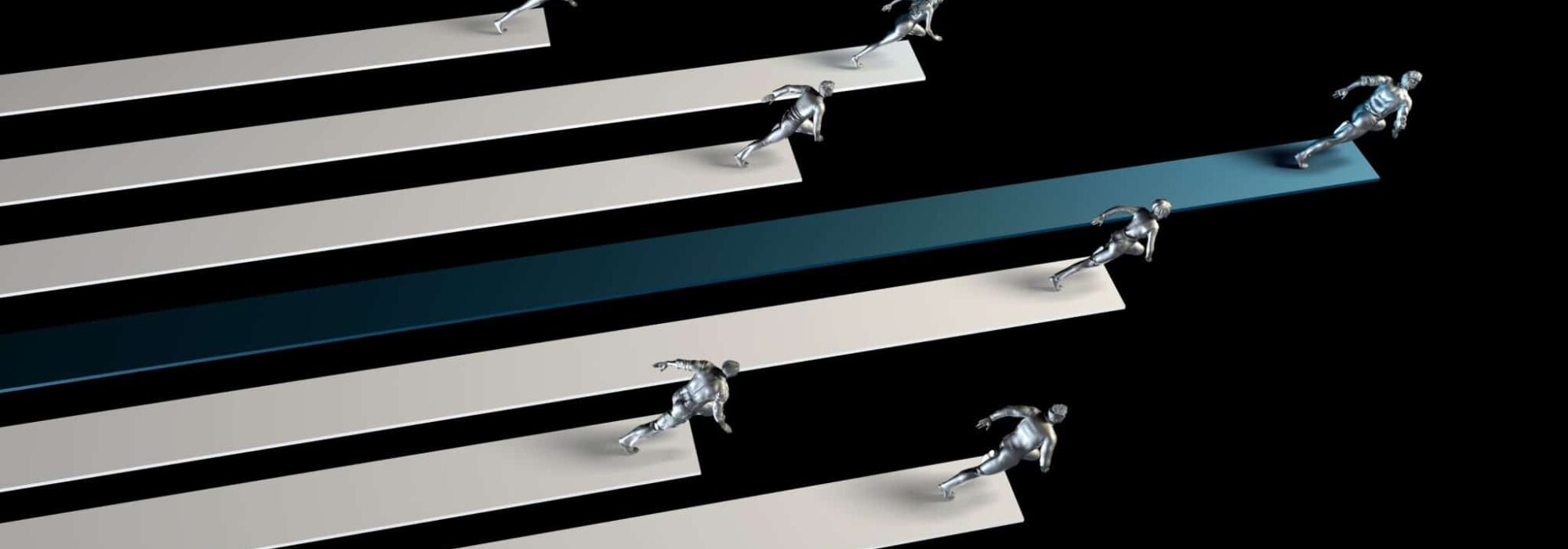
Why audiologists should fight to practice their “Why”
As audiologists, we need to be able to do what we do best, and in our own way. The public will see and know the difference.
From the age of 14 until I entered graduate school, I worked as a lifeguard on the side. I was paid to watch people, including one summer when I was a Walt Disney World lifeguard. My job included not only saving people’s lives, but also providing great customer service for thousands of people every day. I became very good at watching for worst case scenario and then jumping in with 2 feet when the worst case scenario happened.
The tides of Audiology are changing. Some fear that we have met our worst case scenario. Over the past 20 years, we have heard a lot about how the Baby Boomers are coming and how this is a great profession to be in because so many people will need our help. Unfortunately, we weren’t the only ones who heard this message. Every large business cell phone and small electronics company heard that message, too. Therefore, we need to stand out and do what we do best — help people hear with best practices and great customer experience.
I didn’t go to school to make money. I knew I wanted to help people. I did not go to business school and the only business training I have is my “Mouster’s degree” from my Disney University College Program. So, if I am in business, and I don’t know much about “business”, why is it working for me and my patients?
My practice is patient centered with the best clinical outcomes possible as our goal, NOT best possible return on the dollar as our goal. I believe a lot of audiologists not only agree with this, but practice in the same manner. Unfortunately, many audiologists are not able to choose how they approach patients, the amount of time needed for proper care and counseling, as well as the pricing structure. This needs to change. As audiologists, we need to be able to do what we do best, and in our own way. The public will see and know the difference.
In my private practice setting, I can choose the allotted time for each patient. I ensure that all hearing aid evaluations and fittings are scheduled with enough time to follow evidence-based practices. It involves:
- In-depth history taking.
- Extensive audiological testing.
- Essential time for follow-up counseling.
- Hearing Aid Demonstration Fitting followed by 2-4 week demo trial at no charge with 2 visits to see how they are performing, all prior to choosing and purchasing their hearing aids.
I know that my patients not only see the difference, but they also are telling others about the difference. This extra time helps me meet their needs and hearing goals. It also establishes trust. It is rewarding for everyone. The focus in this approach is surrounding patient needs, expectations, and goals. It is not a rushed sales approach where the visit involves me, a new stranger in their life, trying to convince them to buy an expensive pair of devices in less than an hour. I would never buy a car that I never drove, half the people I know say it doesn’t work, and I may have to take a loan out to own. Would you?
Audiologists should continue to keep with their true “Why”. If you have ever read any of Simon Sinek’s books about “The Why”, you will know that people are attracted to businesses who are in business for the right reasons. I am not in the business of making money, and yet my practice is doing very well.
I believe your “Key Performance Indicators” should be more about how many people you’ve helped, and less on how many sales you closed. We need to fight to keep practicing this way so the consumer knows the difference between a hearing aid store and our offices. The vibe is different, the service is different, and the patients feel the difference. Ultimately, the outcomes are positive and we have achieved our goals.
If you have questions about hearing loss and hearing aids, you are welcome to contact me at dheiman@helpingyourhearing.com and www.chicagoaudiologyandhearingaids.com or @hearingdrdawn on Twitter.
For further learning, an insightful TED Talk by Simon Sinek on how great leaders inspire action is below.
